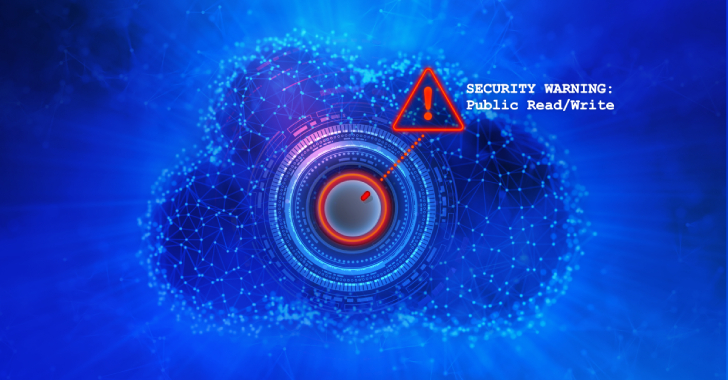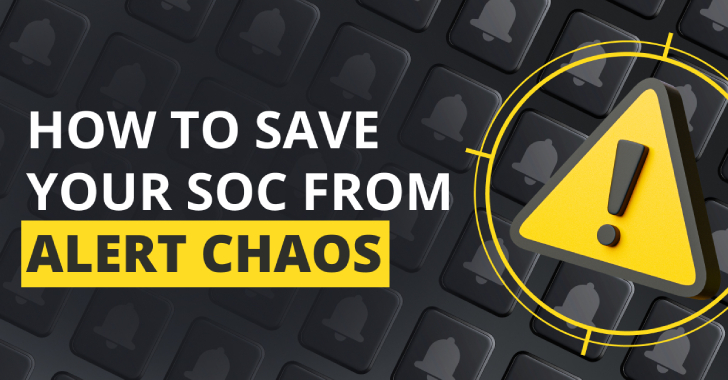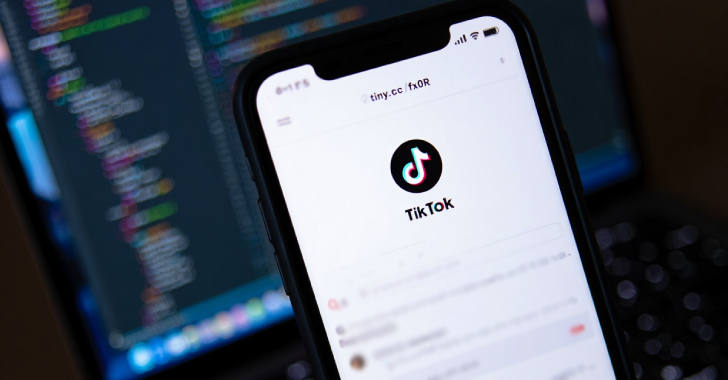
CCPA Compliance: Beyond Basics in AI-Powered Data Platforms
In our increasingly interconnected world, data has become the lifeblood of businesses, driving decision-making, innovation, and customer engagement. As data continues to reign supreme, regulations to protect individuals’ privacy have followed suit. The California Consumer Privacy Act (CCPA) stands as one of the most comprehensive data privacy laws in the United States. Companies that deal with personal information must navigate its complexities to ensure compliance. In this article, we explore how AI-powered data platforms are taking CCPA compliance beyond the basics, revolutionizing the way organizations handle sensitive data.
Understanding CCPA Basics
Before delving into the advancements of AI-powered data platforms, let’s briefly recap the CCPA’s fundamental principles. Enacted in 2018, this landmark legislation aims to provide California residents with more control over their personal information. It grants consumers the right to:
- Know what personal information is being collected.
- Access their collected data.
- Opt out of the sale of their data.
- Request the deletion of their data.
- Be free from discrimination for exercising these rights.
CCPA applies to businesses that meet specific criteria, such as having an annual gross revenue exceeding $25 million, processing the personal information of 50,000 or more consumers, or deriving 50% or more of their annual revenue from selling consumers’ personal information.
The Role of AI in CCPA Compliance
Complying with CCPA’s stringent regulations can be a daunting task, especially for large-scale enterprises that handle massive volumes of data. This is where Artificial Intelligence (AI) comes into play, offering innovative solutions to streamline compliance efforts. Here’s how AI-powered data platforms are taking CCPA compliance beyond the basics:
- Data Discovery and Classification: One of the first steps in CCPA compliance is identifying the personal information within your datasets. AI algorithms excel at scanning and classifying data, identifying sensitive information such as names, addresses, and social security numbers. This automated process saves time and reduces the risk of human error.
- Real-Time Monitoring: CCPA compliance is an ongoing commitment. AI-powered data platforms continuously monitor data streams, flagging potential compliance breaches in real-time. This proactive approach allows organizations to swiftly address any issues before they escalate, minimizing the risk of regulatory fines.
- Consent Management: CCPA mandates that consumers must be given the option to opt out of the sale of their personal information. AI-driven consent management tools automate this process, making it easier for businesses to respect consumers’ choices and avoid potential legal pitfalls.
- Personal Data Portals: CCPA requires companies to provide consumers with access to their collected data. AI-powered personal data portals enable businesses to create user-friendly interfaces where individuals can view, download, or request the deletion of their data with ease.
- Data De-Identification: To protect consumer privacy while still utilizing data for analytics, AI-powered platforms can de-identify data by removing or encrypting personally identifiable information (PII). This allows organizations to unlock the value of data without compromising privacy.
- Predictive Analytics for Compliance Trends: AI’s ability to analyze vast amounts of data quickly is invaluable for predicting compliance trends. By identifying patterns in consumer requests and regulatory changes, organizations can adapt their practices to stay ahead of the curve.
Case Study: Salesforce’s Einstein Analytics
Salesforce, a leading customer relationship management (CRM) software provider, has integrated AI into its platform with Einstein Analytics. This AI-powered tool helps organizations navigate the complexities of CCPA and other data privacy regulations effectively.
Einstein Analytics uses AI to automate data classification and discover sensitive information within datasets. It assists organizations in understanding how personal data is used, ensuring compliance with CCPA’s “Right to Know” requirement. Users can also generate reports and dashboards that display data privacy metrics, simplifying the compliance process.
Additionally, Einstein Analytics offers predictive analytics capabilities, allowing organizations to anticipate changes in data privacy regulations. This proactive approach empowers businesses to make informed decisions and maintain a robust data privacy posture.
Challenges and Considerations
While AI-powered data platforms offer compelling solutions for CCPA compliance, several challenges and considerations must be addressed:
- Data Quality: AI’s effectiveness in data classification and analysis is contingent on data quality. Organizations must ensure their data is accurate, up-to-date, and relevant for compliance efforts to succeed.
- Ethical Concerns: AI algorithms may inadvertently introduce biases or privacy concerns. It’s essential for businesses to implement ethical AI practices and conduct regular audits to identify and rectify any issues.
- Scalability: Small and medium-sized businesses may face challenges in implementing AI-powered solutions due to cost and resource constraints. Finding scalable solutions that fit their needs is crucial.
- Data Localization: CCPA has stringent requirements concerning the storage and processing of Californians’ personal data. Businesses need to consider data localization strategies to meet these requirements.
- Evolving Regulations: Data privacy regulations are continually evolving. Organizations should stay abreast of changes and update their AI systems accordingly to maintain compliance.
Conclusion
The California Consumer Privacy Act has ushered in a new era of data privacy, demanding that organizations take significant steps to protect consumers’ personal information. AI-powered data platforms have emerged as invaluable tools in the quest for CCPA compliance, offering data discovery, real-time monitoring, consent management, and predictive analytics capabilities.
As organizations grapple with the complexities of data privacy regulations, the integration of AI into their data management strategies becomes increasingly critical. Solutions like Salesforce’s Einstein Analytics provide a glimpse into the future of data privacy compliance, where AI not only simplifies the process but also enhances the overall quality of data governance.
In a world where data is king, CCPA compliance is not just a legal requirement but a commitment to safeguarding consumer trust. As AI continues to evolve, it will undoubtedly play an even more prominent role in helping businesses go beyond the basics of CCPA compliance, creating a more secure and ethical data ecosystem for all.
Contact Cyber Defense Advisors to learn more about our CCPA Compliance solutions.





